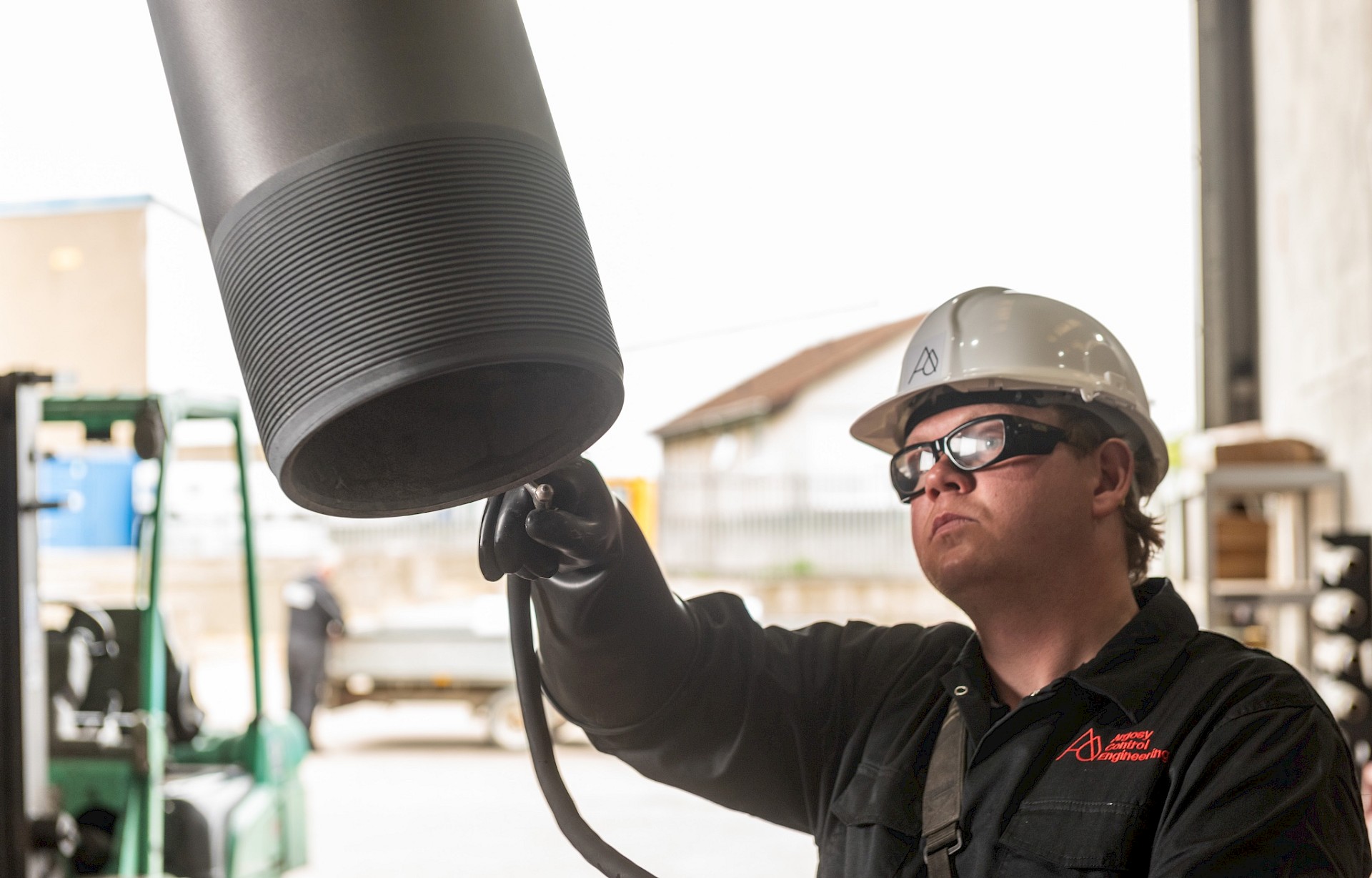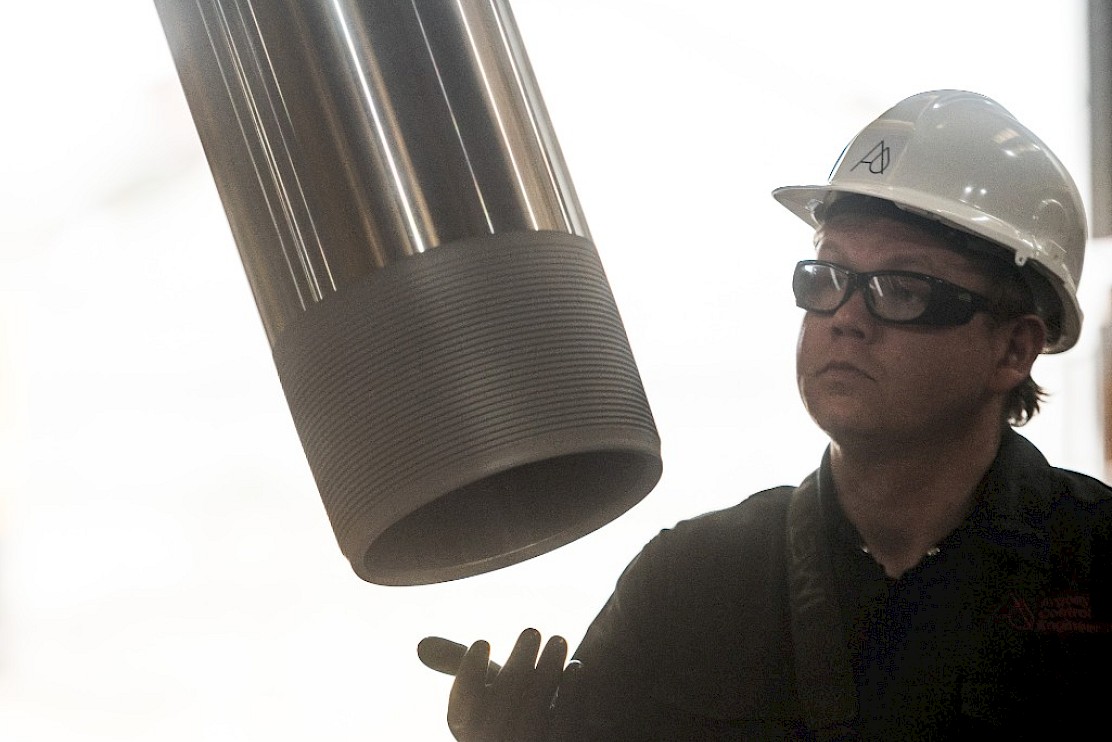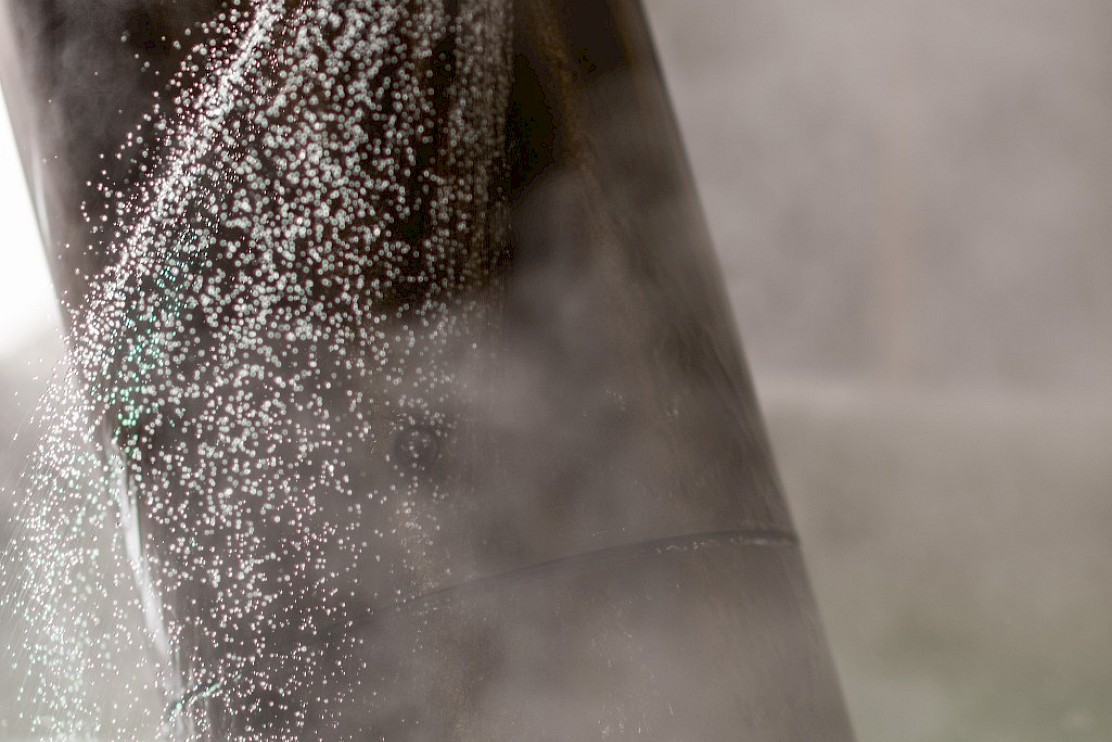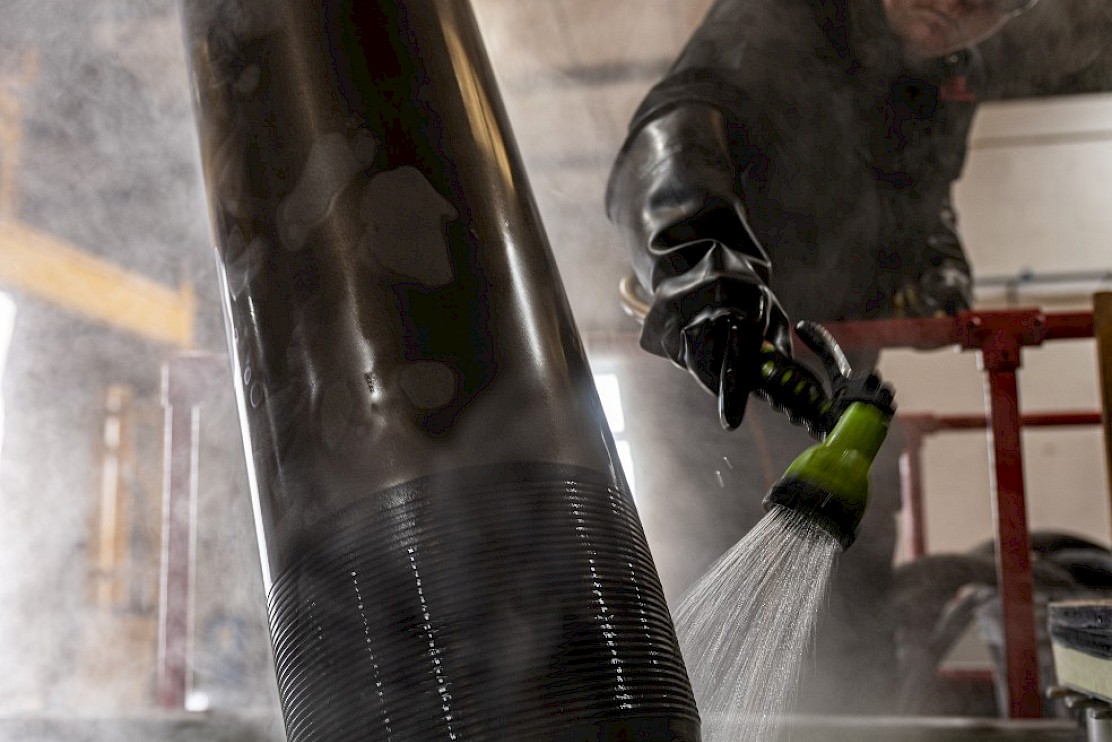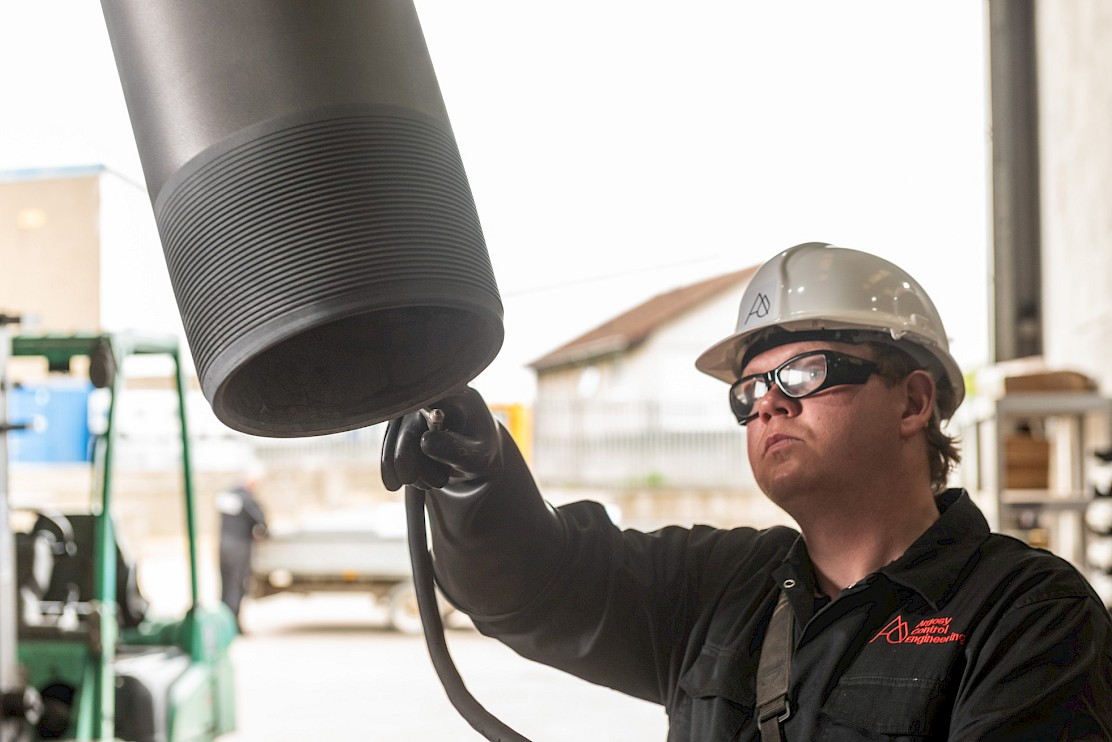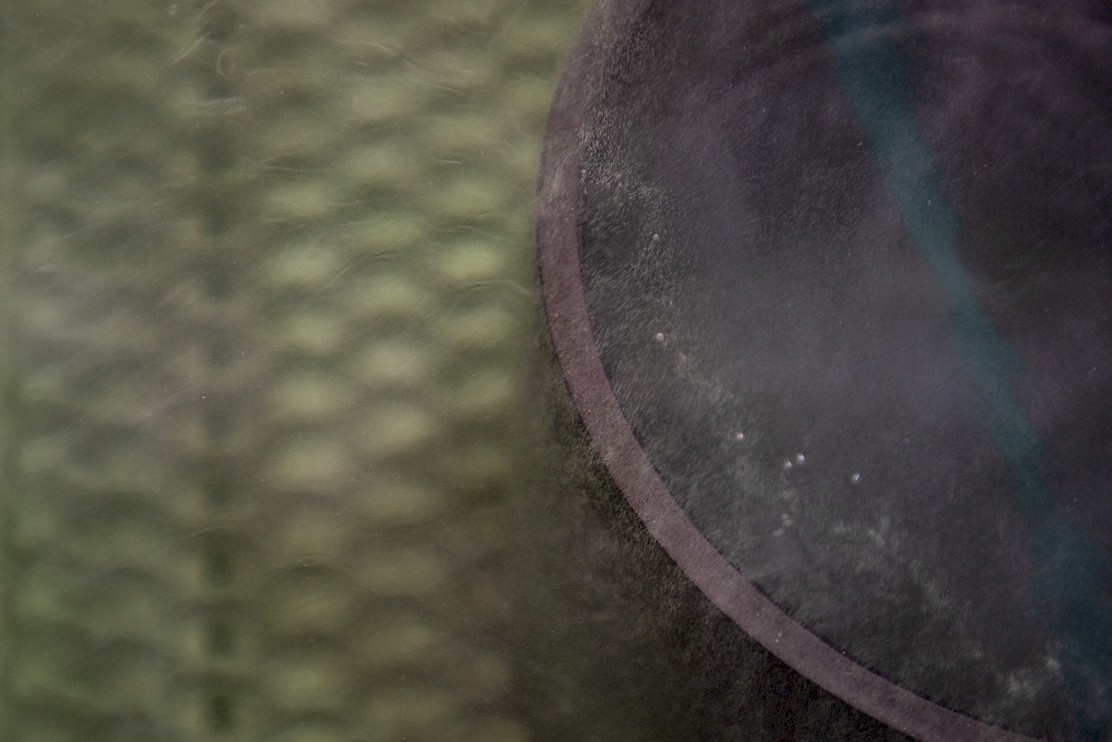Phosphate coatings are economical, easy to use, and offer a variety of valuable properties to extend the service life and improve the performance characteristics of the parts being treated.
Phosphating is a chemical conversion coating applied to steel components that transforms the surface of the base metal into a non-metallic crystalline coating.
Phosphate coatings can be categorised into three main types: zinc, manganese, and iron. There are many proprietary formulations available for each, depending on the functional requirements of the component.
Phosphate-conversion coatings are widely used on (premium) casing connections for protection against corrosion. The crystalline nature of this coating provides galling protection in conjunction with lubricant.
The phosphate-conversion coatings play an important role in the sealing performance of metal-to-metal seals on low alloy substrates. The crystalline structure of phosphate retains oil to give good corrosion protection.
It is an excellent base for other coatings and when oiled is good for corrosion protection.
Argosy offer zinc and manganese phosphates.
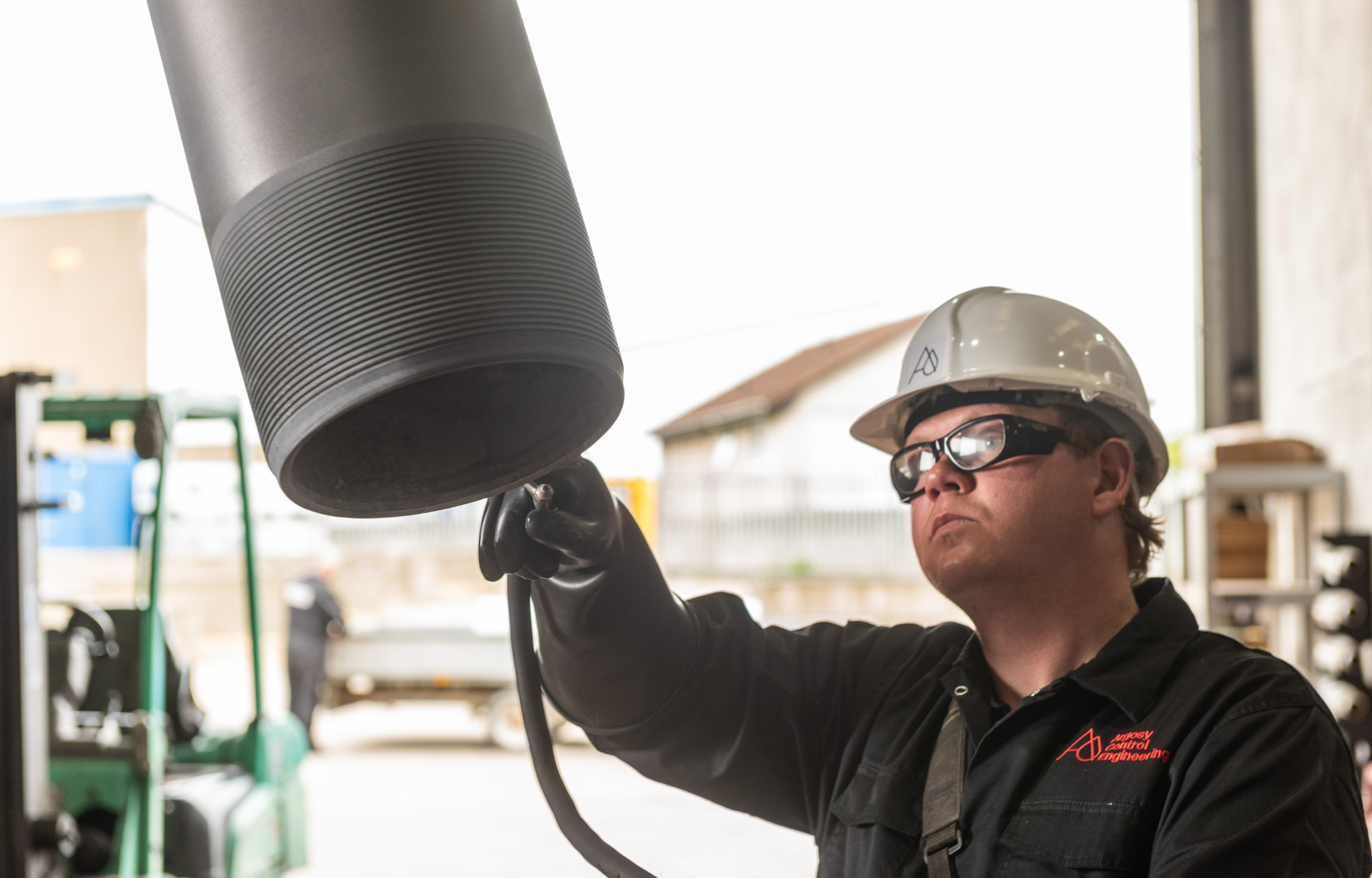
Manganese Phosphate
Manganese phosphate is chosen for its wear-resistant properties. The manganese phosphate coating not only prevents metal-to-metal contact between moving parts, such as cylinder liners, camshafts, piston rings and transmission gears, it also has excellent oil-retentive properties for both lubricity and corrosion resistance.
Crystalline manganese phosphate absorbs oil and other lubricants exceptionally well. They provide exceptional wear resistance and running-in of sliding parts in power train and transmission applications.
Zinc Phosphate
Zinc phosphate conversion coating gives a high level of corrosion resistance and provides a sound foundation for subsequent coating or painting.
It is primarily selected for corrosion protection of ferrous metals and will inhibit galling and increase lubricity as well as acting as a carrier for paint, oils and waxes.
Benefits
- Corrosion protection and rust inhibitor
- Strong bonding, promoting good adhesion, when used as a pre-treatment for paints and other coatings
- Wear resistant
- Lubricity
- Improves the friction properties of sliding components
- Anti-galling
